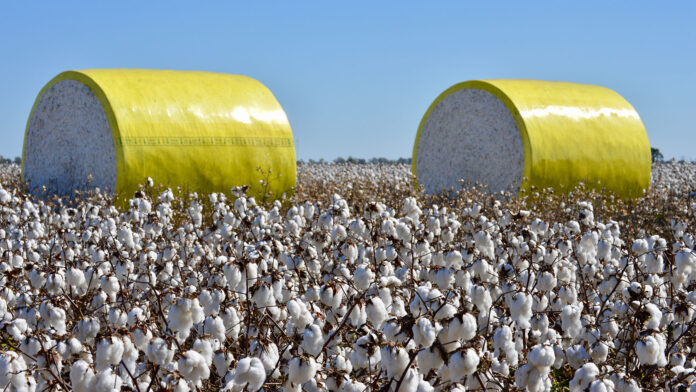Cotton arrivals in Pakistan for the 2024 season have dropped by approximately 33% compared to last year, according to data released by the Pakistan Cotton Ginners Association (PCGA) on November 30, 2024.
Total cotton arrivals stood at 5,190,725 bales, down from 7,753,473 bales in 2023.
The provincial breakdown shows Punjab reported 2,459,684 bales, a 34.19% decrease from the previous year, while Sindh saw a 32.01% drop, with 2,731,041 bales. Balochistan’s cotton arrivals were limited to just 155,800 bales.
As of now, 406 ginning factories are operational across the country, but these figures highlight a serious and ongoing decline in cotton production, which is causing concern for the agricultural sector.
Sajid Mahmood, Head of the Department of Transfer of Technology at the Central Cotton Research Institute (CCRI) in Multan, noted that Pakistan was once the fifth-largest cotton producer in the world. However, due to ineffective policies and other challenges, the country’s rank has now fallen to seventh, and projections suggest it could slip to eighth if current trends continue.
The crisis in cotton production calls for immediate intervention, as experts emphasized that the issue cannot be resolved through speeches, committees, or presentations but requires tangible, research-driven action.
One of the key measures proposed is the establishment of a minimum support price for cotton at Rs 10,000 per maund, set at least one month before the sowing season. This would give farmers the financial support needed to prioritize cotton cultivation over alternative crops.
Furthermore, the government must address climate change-related challenges by developing climate-resilient cotton seeds and strategies to combat pests such as whiteflies and pink bollworms.
Research institutions, particularly the Pakistan Central Cotton Committee (PCCC), must receive immediate and adequate funding to improve research and development processes. The imposition of a ban on duty-free cotton imports is also recommended to promote local production and encourage support for research institutions.
The All Pakistan Textile Mills Association (APTMA) has urged the government to reinstate the zero-rating policy for export manufacturing, remove the 18% sales tax on local textile manufacturers, and address the delays in tax refunds and additional taxes on textile exports.
In light of the cotton crisis, Pakistan is expected to import over 5 million bales of cotton this year, valued at approximately $2 billion. The gap between domestic cotton production and industry demand is primarily due to adverse weather conditions and other production challenges. This shortfall poses a significant challenge to Pakistan’s textile industry, which plays a crucial role in the country’s economy.




